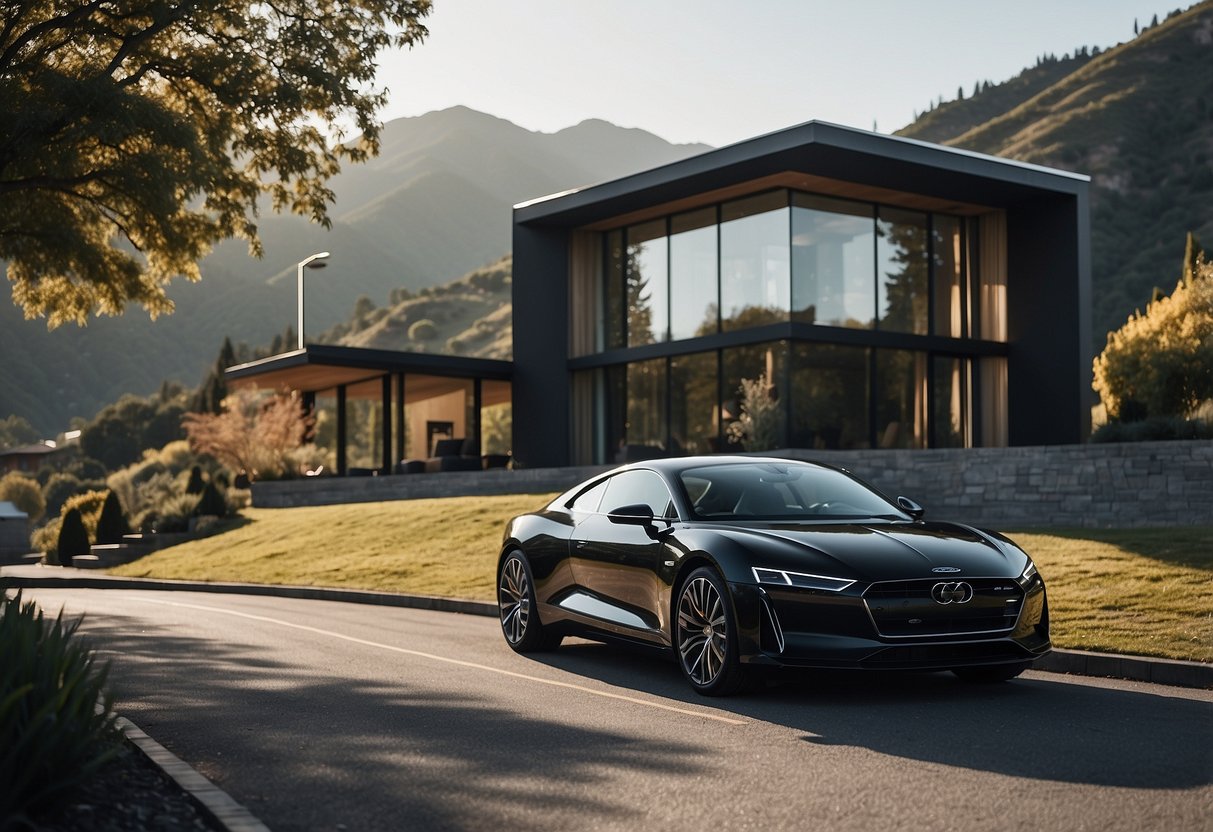
Fuel Efficiency and Emissions
Fuel efficiency and emissions standards can significantly affect the operating cost of a luxury vehicle. While luxury cars are traditionally known for powerful engines, many manufacturers are now focusing on hybrid and electric models that offer better fuel efficiency. These vehicles tend to have lower emissions, which can result in savings on fuel costs and potential tax benefits. Analyzing the miles per gallon (mpg) ratings for city and highway driving and considering plug-in hybrids or fully electric models can be beneficial. These options reduce the environmental impact and may qualify for government incentives.
Resale Value and Depreciation
Luxury cars depreciate faster than non-luxury vehicles, but the rate varies by brand, model, and condition. Resale value is a crucial factor when determining long-term value. Some brands, like Lexus and Porsche, retain their value better over time. Factors such as mileage, maintenance history, and market demand can affect resale prices. Regular maintenance and keeping the car in excellent condition can help mitigate depreciation. Predicting the long-term demand for specific models can also make a significant difference in the resale value.
Understanding these elements helps in making an informed decision about purchasing a luxury vehicle that fits not only one’s lifestyle but also their financial plans.
Sustainability and Innovation
Luxury car buyers today often seek vehicles that not only offer high performance and comfort but also embrace sustainability and innovative technologies. The automotive industry is increasingly focused on developing hybrid and electric models that minimize environmental impact while offering a sophisticated driving experience.
Hybrid and Electric Models
Hybrid models combine an internal combustion engine with an electric motor to improve fuel efficiency and reduce emissions. These vehicles often switch between gasoline and electric power or use both simultaneously for optimal performance. Brands like Lexus, BMW, and Mercedes-Benz offer advanced hybrid models that seamlessly blend performance and eco-friendliness.
Electric models run solely on electric power, eliminating tailpipe emissions entirely. Brands such as Tesla, Audi, and Porsche are at the forefront of this innovation. Electric vehicles (EVs) feature high-capacity batteries and advanced charging technologies, making them a compelling choice for eco-conscious luxury car buyers. With increasing charging infrastructure, the viability of using an electric car for long-distance travel has improved significantly.
Eco-Friendliness
Eco-friendliness in luxury cars extends beyond just the powertrain. Many manufacturers are integrating sustainable materials into their vehicles’ interiors. They use recycled plastics, natural fibers, and eco-friendly leather alternatives to reduce the environmental impact without sacrificing luxury.
Energy-efficient manufacturing processes and carbon-neutral facilities are also part of the sustainability push. Automakers like Volvo and Jaguar-Land Rover are committed to reducing their carbon footprints through various green initiatives. This holistic approach ensures that luxury cars not only provide a plush experience but also contribute positively towards environmental conservation.
Experience Before Purchase
Selecting a luxury car involves more than just examining specs; it’s crucial to understand the driving experience and service quality.
Test Driving and Reviews
Test driving a vehicle allows potential buyers to experience its performance, handling, and comfort firsthand. They can assess how it feels on different terrains, how responsive the controls are, and whether it meets their expectations for smoothness and noise levels. Time should be taken to test drive during various conditions such as day and night driving.
Reading reviews and ratings from reputable sources provides additional insights. Reviews often cover aspects that aren’t immediately noticeable during a test drive, like long-term reliability and maintenance costs. Both professional reviews and user testimonials are valuable. By combining firsthand experience with detailed reviews, buyers can make a more informed decision.
Service and Support
Service and support from the manufacturer or dealership play a critical role in the ownership experience. Investigating the availability and quality of service centers is essential. Buyers should look into warranty coverage, the cost of repairs, and the efficiency of customer service. Knowing that support is readily available provides peace of mind.
It’s also worth checking if the dealership offers perks such as loaner cars during service visits or roadside assistance programs. These services can significantly enhance the ownership experience. Engaging with the service department during the purchasing process can give a better understanding of what to expect after the sale.



